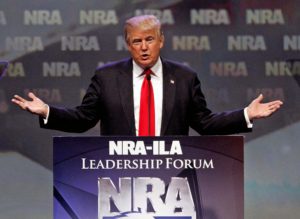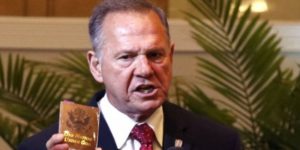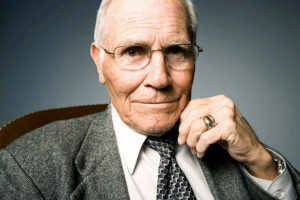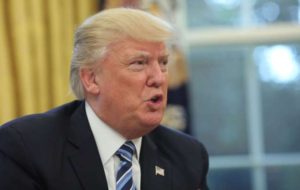
I recently noted that High Plains Blogger had posted its 7,000th item. I thought it was a big enough deal to mention it in a tweet.
This post will be the 7,010th item when I publish it.
That brings me to my point: Why do I keep doing this? The answer is simple: It’s what I do.
Retirement has given me lots of time to share some opinions on this or that public policy, the president of the United States. The blog covers national, international, state and local matters. It’s a big world out there and it is my aim to weigh in as often as humanly possible on whatever issue moves me.
At this moment, I am moved to comment on blogging and my unabashed love affair with what I am doing these days.
I’ll stipulate that my wife and I have plenty to keep us busy around the house. We’re setting the stage a little bit at a time each day for a major change in our life together. It will involve relocation. We have a lot of things to do to get ready for this change. We have a lot of issues to settle and decisions to make. We’ll make them in due course.
In the meantime, I intend to keep writing this blog.
You see, I spent the a significant majority of my journalism career crafting opinion essays. Whether they were editorials that spoke for whatever newspaper where I worked, or signed columns that spoke for myself — or the occasional op-ed essay that required some original reporting — I wrote them with varying degrees of joy.
There was a catch. I didn’t always agree with the editorials I wrote on behalf of the newspaper. Here’s a little something you need to know that goes with the job of writing editorials: When you work for someone else, you don’t always get to speak for yourself; if your boss tells you to write an editorial with which you disagree, well, I relented and did what I was instructed to do.
I recall when I interviewed in late 1994 for the job of Amarillo Globe-News editorial page editor that I told the publisher at the time there were three lines I wouldn’t cross, three issues I couldn’t go against my deeply held views. He hired me anyway. Fortunately, he never sought to force me to cross any of those lines. Nor did the fellow who succeeded him.
At the three newspapers where I wrote full time, I was able to write columns that enabled me to speak with my own voice. I reported to several editors and publishers, all of whom allowed me that opportunity — and I was grateful for that freedom.
Blogging, though, is an entirely different matter. I answer only to my own conscience, my heart, my own world view.
Now that I am retired, I have granted myself the freedom to say whatever the heck I choose to say. I strive to be reasonable. Yes, High Plains Blogger has its critics as well as its fans, which is no different than it was during the years I worked for The Man.
More than 7,000 posts after this blog came into being, I am no mood — nor do I have any inclination — to slow down.
It’s what I do.






